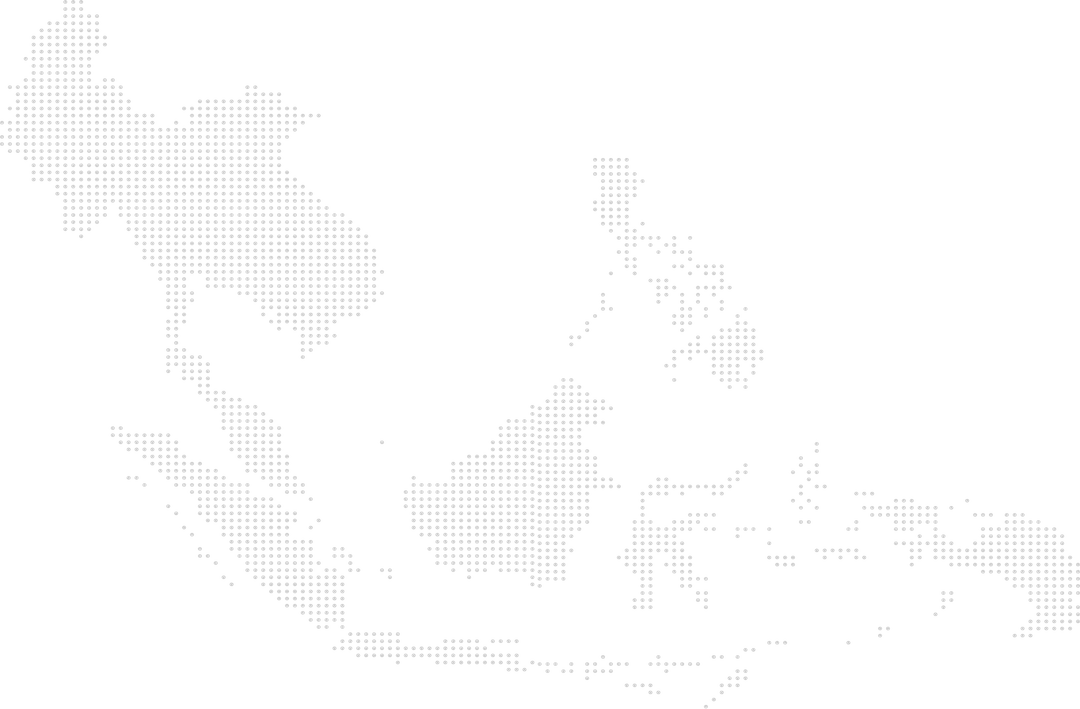
Your trusted partner in Asia’s fastest growing markets

We are ASEAN's largest tech aggregator, helping digital solution companies expand across ASEAN.

ASEAN Business Partners will help you choose the right market for your company and will design a detailed market entry strategy that aligns with your vision and goals.

With 300+ years in senior roles across MNCs and ASEAN firms, we bring first-hand knowledge to finding the right leaders.














































































Our experience, expertise, and deep understanding of the industry give us the insight needed to guide you effectively. Combined with our strong networks, we are your trusted advisor every step of the way.

Unparalleled pan-ASEAN experience across industries and business functions.

In-depth understanding and market intelligence to provide actionable insights.

Ability to execute what we recommend through our market entry implementation models.

We value honesty and integrity, we set high standards and we deliver what we promise.
With a strong network and trusted connections, we help you discover the right local partners to grow your business. Expand your reach and build meaningful relationships that open doors to new opportunities.
Best global and local talent to give you the edge in the ASEAN market.
Whether you’re assessing opportunities or ready to scale in ASEAN, we’re here to chat. Send us a message, and our team will get back to you with actionable guidance to help get us started.
